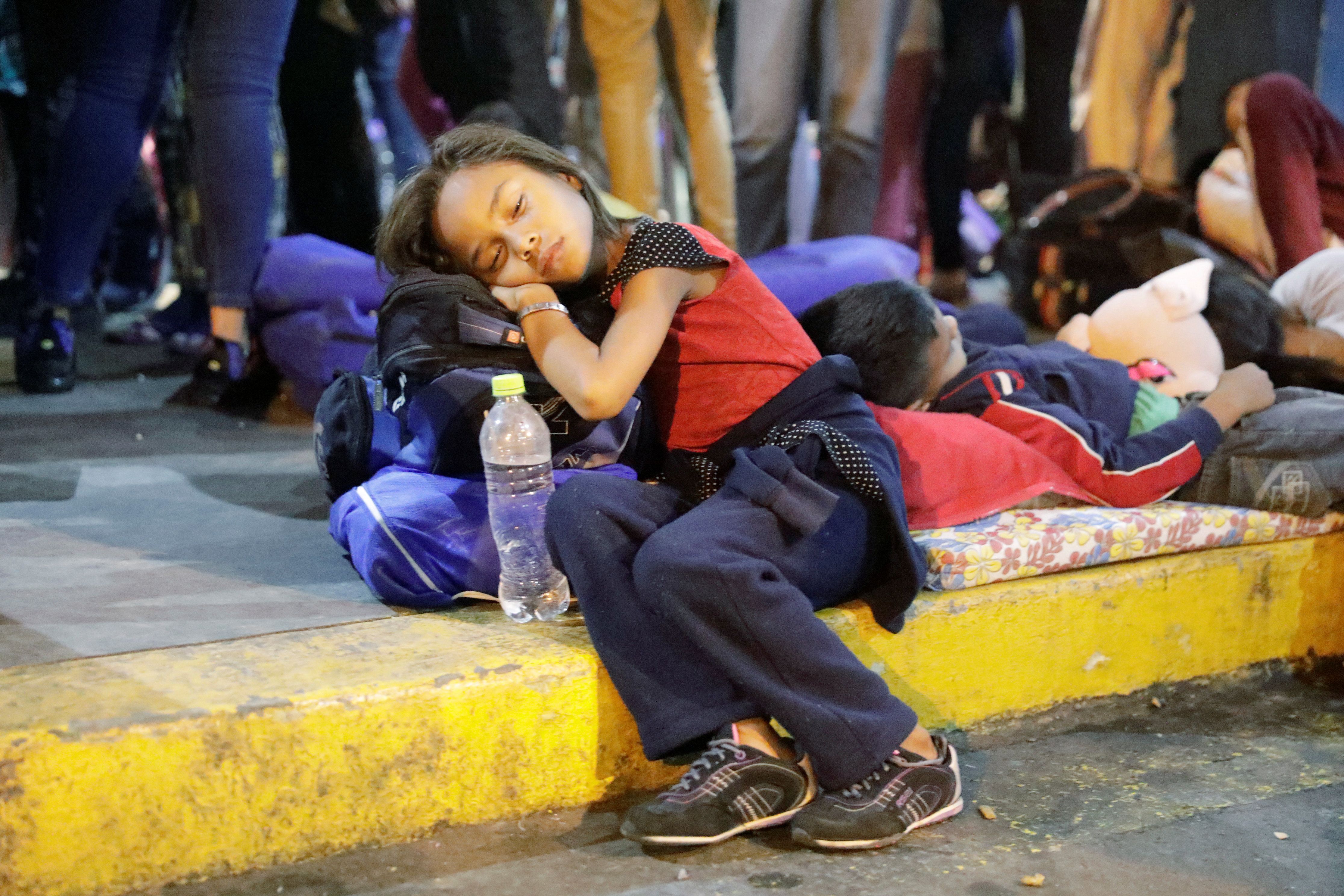March 05, 2020
Guyana rags to riches – If you knew your income would triple over the next four years, what would you do? That's the wonderful (and fascinating) problem facing the small South American nation of Guyana after the recent discovery there of one of the world's biggest offshore oil reserves. The country's 780,000 people are currently awaiting the results of the presidential and legislative elections held earlier this week. The winners of that vote will be responsible for guiding this nation through one of the most dramatic increases in national wealth in recent world history. At the moment, Guyana's GDP per person is less than $5,000. As it goes from being one of the Western hemisphere's poorest countries per capita to one of its wealthiest, will Guyana's people prosper? Or will this country fall prey to ethnic divisions as citizens of African and Indian descent fight for the spoils. Will it suffer what political scientists call "the resource curse" as a tidal wave of new money warps the economy and feeds rampant corruption? Stay tuned.
Free Time in Iran – Are you stuck in an Iranian prison and want to go home? Good news. You're free to go. If you have tested negative for Coronavirus. And you're serving a sentence of less than five years. To this point, Iran is home to the deadliest Coronavirus outbreak outside China. Afraid that overcrowded prisons help Coronavirus spread, Iranian authorities announced this week that 54,000 prisoners will be freed temporarily. We'll be watching to see how they spend their "free time," and how difficult it might prove to return them all to jail in the future.
Maduro babies – "Every woman should have six children for the good of the country." So says Venezuela's Nicolas Maduro, president of a country that is home to severe shortages of food and medicine. By having more children, he seems to believe, Venezuela can eventually end its politically driven economic collapse.
What We're Ignoring
A used orb – remember that strange glowing orb that Donald Trump, Saudi King Mohammad Salman bin Abdulaziz, and Egyptian President Abdel Fatah al-Sisi all put their hands on during Trump's state visit to the Saudi kingdom in 2017? This video will jog your memory. According to a new book by New York Times reporter Ben Hubbard, that orb is now in US possession. The orb was apparently offered to the US government as a souvenir, one that US officials have no idea what to do with. We're ignoring this story because, though the Signal team is very interested in buying an orb for our office, we don't buy used orbs.More For You
America’s new National Security Strategy confirms what Europeans have feared for months: Washington now sees a strong, unified European Union as a problem to be solved, not an ally to be supported.
Most Popular
Sponsored posts
The power of sports
What's Good Wednesdays
What’s Good Wednesdays™, December 10, 2025
Walmart sponsored posts
Walmart's $350 billion commitment to American jobs
In this episode of Tools and Weapons, Microsoft Vice Chair and President Brad Smith sits down with Ed Policy, President and CEO of the Green Bay Packers, to discuss how purpose-driven leadership and innovation are shaping the future of one of the world’s most iconic sports franchises. Ed shares how technology and community-focused initiatives, from Titletown Tech to health and safety innovations on the field, are transforming not just the game of football, but the economy and culture of Green Bay itself. He explains how combining strategic vision with investment in local startups is keeping talent in the Midwest and creating opportunities that extend far beyond Lambeau Field.
Subscribe and find new episodes monthly, wherever you listen to podcasts.
Members of security forces stand guard outside a polliong station, a week late in a special election, after the local governing party kept voting closed on election day, amid accusations of sabotage and fraud, in a presidential race still too close to call as counting continues, in San Antonio de Flores, Honduras, December 7, 2025.
REUTERS/Leonel Estrada
More than a week after Hondurans cast their ballots in a presidential election, the country is still stuck in a potentially-dangerous post-election fog.
© 2025 GZERO Media. All Rights Reserved | A Eurasia Group media company.
